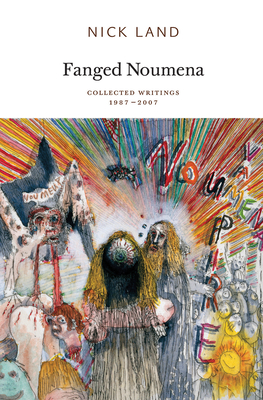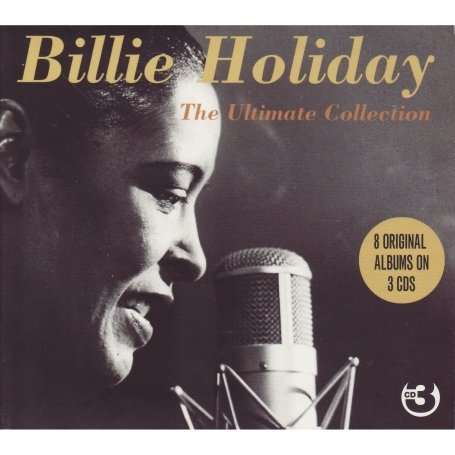
A revelatory new volume on the American modernist's lesser-known works on paper, reuniting many serial works for the first time
Recalling a charcoal she made in 1916, Georgia O'Keeffe later wrote, "I have made this drawing several times--never remembering that I had made it before--and not knowing where the idea came from." These drawings, and the majority of O'Keeffe's works in charcoal, watercolor, pastel and graphite, belong to series in which she develops and transforms motifs that lie between observation and abstraction. In the formative years of 1915 to 1918, she made as many works on paper as she would in the next 40 years, producing sequences in watercolor of abstract lines, organic landscapes and nudes, along with charcoal drawings she would group according to the designation "specials." While her practice turned increasingly toward canvas in subsequent decades, important series on paper reappeared--including charcoal flowers of the 1930s, portraits of the 1940s and aerial views of the 1950s.
Published in conjunction with an exhibition at the Museum of Modern Art, New York, this richly illustrated volume highlights the drawings of an artist better known as a painter, and reunites individual sheets with their contextual series to illuminate O'Keeffe's persistently sequential practice.
Born in Sun Prairie, Wisconsin, Georgia O'Keeffe (1887-1986) first received critical attention when her breakthrough charcoal drawings were exhibited in New York in 1916. Two years later, she moved to the city to work full time on her art. Beginning in 1929, O'Keeffe spent summers in New Mexico, where she would relocate in 1949. The most famous female artist of her age, she thought of herself not as "the best woman painter" but as "one of the best painters."







